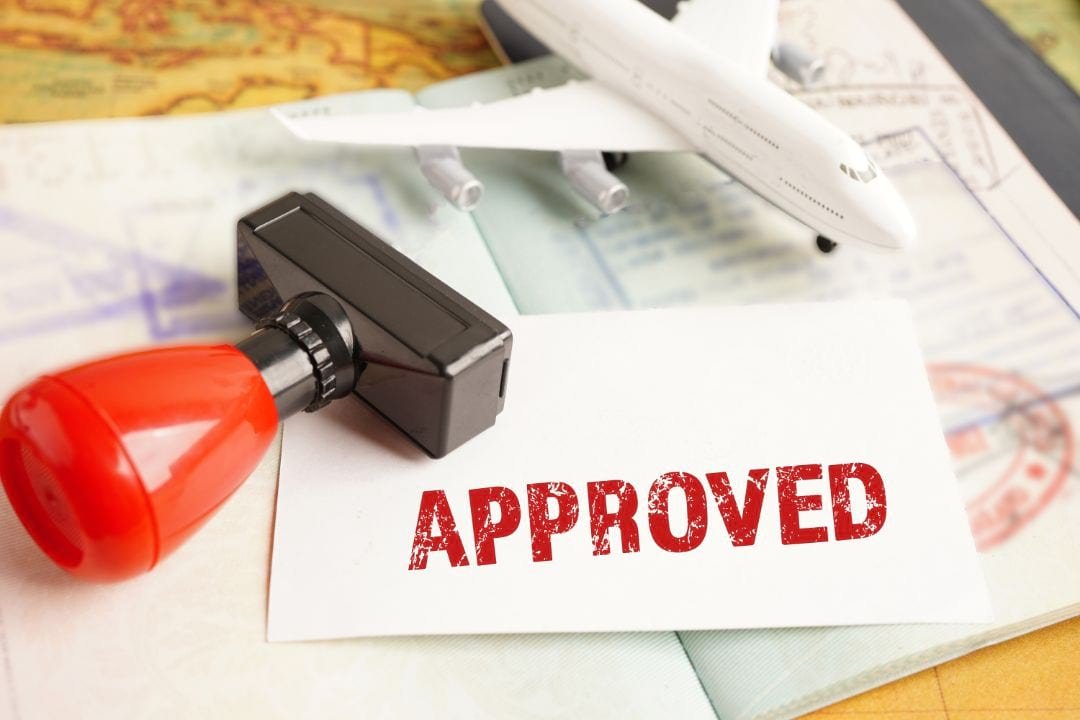

Travel Restrictions: Who Can Enter Switzerland and What Are the Rules
Amid the third wave of the Coronavirus pandemic, only limited categories of people can enter Switzerland completely restriction-free. In addition, only arrivals from very specific countries which are considered to be relatively safer in terms of COVID-19 infections can enter Switzerland for non-essential purposes.
Travellers, depending on the country they are coming from and the purpose of their trip, may have to fill in a form, test for COVID-19, or even self-isolate.
Following, find all these rules explained, including the list of low-risk countries, the types of measures, and to whom they apply.
Switzerland’s List of Low-Risk Countries
The Swiss authorities have created two lists in which they place countries based on their number of COVID-19 cases – the list of high-risk countries and the list of low-risk countries. Based on which list a country is placed, are determined the restrictions imposed on arrivals from the same.
The lists are established based on a few criteria, including if the number of new infections per 100,000 people in the country or region concerned in the last two weeks is more than 60 higher than in Switzerland, and this number is not due to individual events or local cases.
The mutation of the virus detected in the state or area in question is also taken as a factor, as well as the number of infected people who were in the country or area concerned, who have entered Switzerland in the last four weeks before the update of the list.
Since April 19, the most recent update of the list, the following Schengen Area countries are placed in the list of low-risk countries:
- Austria
- Belgium
- Czech Republic
- Denmark
- Estonia
- Finland
- France
- Germany
- Greece
- Hungary
- Iceland
- Italy
- Latvia
- Liechtenstein
- Lithuania
- Luxembourg
- Malta
- Netherlands
- Norway
- Poland
- Portugal
- Slovakia
- Slovenia
- Spain
- Sweden
The following European microstates and individual third countries are also part of the list:
- Andorra
- Australia
- Bulgaria
- Croatia
- Cyprus
- Ireland
- Monaco
- New Zealand
- Romania
- Rwanda
- San Marino
- Singapore
- South Korea
- Thailand
- Vatican / Holy See
At the same time, the authorities in several cases may exclude border areas from the high-risk list, even if they have a high number of cases, due to the close economic, social and cultural exchange with the neighbouring countries.
The rest of the world countries, which are not included above, are considered as high risk, and therefore, arrivals from those areas are subject to stricter entry restrictions.
Filling an Entry Form Before Reaching Switzerland – an Obligation for All
Almost everyone travelling to Switzerland is obliged to fill out an entry form using a computer or smartphone before they reach Switzerland. Once the form is completed, the travellers will receive an email with a QR code.
During entry controls, the traveller will have to show the QR code to the border guards. The code can be shown either on a smartphone or printed.
In spite of this requirement, several categories are exempt from meeting it, including those who are entering Switzerland from a border area, with which there is close economic, social and cultural exchange.
Those transporting people or goods across the borders as a part of their professional activity are also exempt from the requirement. People transiting the country are also exempt.
The entry form is not an obligation to those who enter Switzerland with their own vehicle, who have not been in a state or area with an increased risk of infection within the last ten days.
COVID-19 Negative Test Results for Those Reaching the Country by Air, Water & Land
Just like the rest of the European countries, Switzerland also has in place a requirement of negative results of a COVID-19 test to enter the country.
The requirement, however, changes depending on the means of travel with which one reaches Switzerland, as explained below.
COVID-19 Negative Test Results for Those Reaching Switzerland by Air
All travellers eligible to enter the Swiss territory who reach the country by air are subject to the requirement of a negative result of a COVID-19 test, which they must present twice. First, the traveller must present the test when boarding for departure abroad and secondly at the Swiss airport.
During boarding, airline companies are obliged to check COVID-19 tests, and they accept only two types of them:
- PCR tests done within the last 72 hours
- Rapid antigen tests performed within the last 24 hours
Those who fail to present the test results will be rejected from boarding the plane.
Upon arrival at a Swiss airport, the border control authority in the transit area of ??the airport controls the negative test result of the travellers with random samples. Only PCR tests done within the last 72 hours are accepted.
Those who do not have a negative PCR test result must be tested in Switzerland immediately, with a rapid PCR or antigen test.
COVID-19 Negative Test Results for Those Reaching Switzerland by Land & Water
As per those reaching Switzerland through land or boat, who have stayed in one of the high risk countries within the ten previous days, they will need to stay in quarantine, but also to present the negative results of a PCR test performed within the last 72 hours.
Those who do not hold a certificate showing they have tested for the virus need to be tested in Switzerland as soon as possible. Both rapid PCR and antigen tests are accepted.
Who Is Obliged to Quarantine? What Are the Rules?
Those who have been in one of the countries which are on the list of high-risk areas within the last ten days before reaching Switzerland fall subject to the requirement of self-isolation imposed by Swiss authorities. Vaccinated travellers are not exempt from the measure.
All travellers are obliged to quarantine at their home or another suitable place of accommodation as soon as they enter the country. They should also report their entry to the responsible cantonal authority within two days.
If the traveller takes a PCR or antigen rapid test on the seventh day of their isolation and the result is negative, the isolation can be terminated.
Travellers that are caught violating their quarantine obligation can be punished with a fine of up to CHF 10,000.
Is Anyone Exempt From the Requirements of Testing & Quarantine?
Several categories of people are exempt from the quarantine and testing requirement when entering the territory of Switzerland, as follows:
- Business travellers who are entering Switzerland for a business reason, which cannot be postponed
- Individuals travelling for an important medical reason that cannot be postponed
- Transit passengers who have been in a state or area with an increased risk of infection for less than 24 hours
- Transit passengers, who will only pass through the country to reach their destination
- People who transport people or goods across borders in their duty
They, however, remain subject to the obligation to present negative COVID-19 test result boarding an aircraft.


















